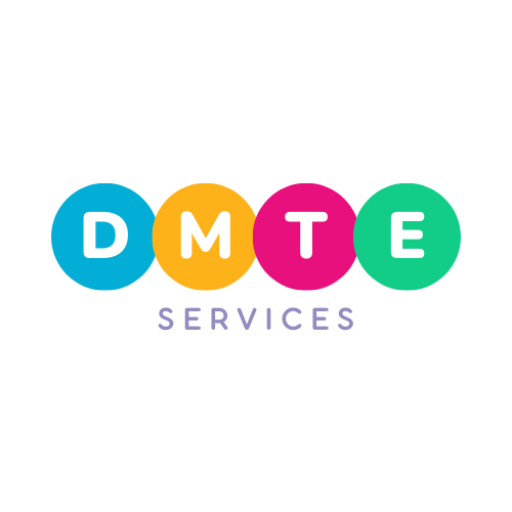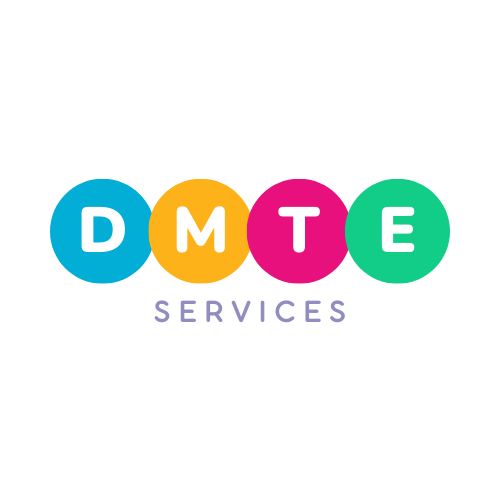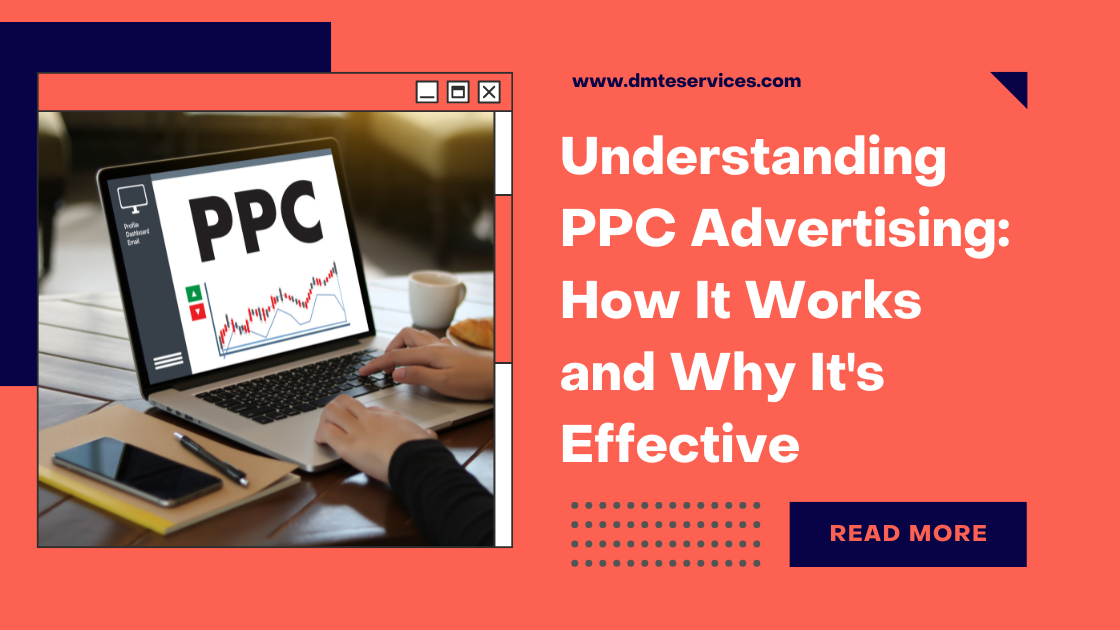Understanding PPC Advertising: How It Works and Why It’s Effective
Pay-per-click (PPC) advertising is a popular way for businesses to promote their products or services online. In PPC advertising, businesses create ads and pay a fee each time someone clicks on their ad. This can be an effective way to drive targeted traffic to your website and generate leads or sales.
What is PPC Advertising?
PPC advertising is a type of digital advertising where businesses create ads and pay a fee each time someone clicks on their ad. This is different from other types of advertising, like traditional print or TV ads, where businesses pay a flat fee to have their ad displayed, regardless of how many people see it.
With PPC advertising, businesses can target their ads to specific audiences based on factors like location, interests, and search keywords. This allows them to reach the people who are most likely to be interested in their products or services.
How Does PPC Advertising Work?
PPC advertising works through an auction-style system. When someone searches for a keyword that a business has bid on, the business’s ad may appear on the search results page. The order in which the ads appear is determined by a combination of factors, including the business’s bid amount and the quality of their ad.
Businesses can set a maximum bid for each keyword they want to target, which is the most they’re willing to pay for a click on their ad. The actual amount they pay per click is determined by the auction process and can be less than their maximum bid.
Tactics for Effective PPC Advertising
To get the most out of their PPC advertising efforts, businesses can use a variety of tactics:
1. Keyword Research
Choosing the right keywords to target is crucial for PPC advertising success. Businesses should research and identify keywords that are relevant to their products or services and have a good balance of search volume and competition.
2. Ad Optimization
Businesses should create ads that are engaging, relevant, and compelling. This includes using eye-catching headlines, clear calls-to-action, and relevant images or videos.
3. Landing Page Optimization
The landing page that users are directed to after clicking on an ad should be well-designed and optimized for conversion. This includes having a clear message, easy-to-navigate layout, and a strong call-to-action.
4. Audience Targeting
PPC advertising allows businesses to target their ads to specific audiences based on factors like location, interests, and demographics. Businesses should use this targeting to reach the people who are most likely to be interested in their products or services.
5. Bid Management
Businesses should carefully manage their bids to ensure they’re getting the best return on their investment. This includes adjusting bids based on performance and using automated bidding strategies.
6. Ad Testing
Businesses should regularly test different ad variations to see what works best. This can include testing different headlines, images, or calls-to-action.
7. Performance Tracking
Businesses should closely track the performance of their PPC advertising campaigns and make adjustments as needed. This includes monitoring metrics like click-through rate, conversion rate, and return on investment.
Why is PPC Advertising Effective?
PPC advertising can be an effective way for businesses to promote their products or services for several reasons:
- Targeted Reach: PPC advertising allows businesses to target their ads to specific audiences based on factors like location, interests, and search keywords. This can help ensure that their ads are seen by the people who are most likely to be interested in their products or services.
- Measurable Results: PPC advertising provides businesses with detailed data on the performance of their ads, including how many people clicked on them and how many of those clicks resulted in a conversion. This makes it easier to track the return on investment and make adjustments as needed.
- Flexibility: PPC advertising campaigns can be easily adjusted and optimized in real-time. Businesses can quickly change their bids, ad copy, or targeting to respond to changes in the market or their own business goals.
- Immediate Results: Unlike some other forms of advertising, PPC advertising can start driving traffic and generating leads or sales almost immediately after a campaign is launched.
Overall, PPC advertising can be a powerful tool for businesses of all sizes to promote their products or services and drive targeted traffic to their website. By using the right tactics and continuously optimizing their campaigns, businesses can get a strong return on their PPC advertising investment.
Conclusion
In conclusion, partnering with a paid advertising services agency in Delhi can help businesses maximize their PPC advertising efforts. By leveraging the expertise of professionals, businesses can create targeted campaigns, optimize ad performance, and achieve their marketing goals more effectively. A reliable agency can provide valuable insights into local market trends, help craft compelling ad copy, and continuously monitor and refine campaigns for optimal results. With their guidance, businesses can navigate the complexities of PPC advertising and stay ahead of the competition in the digital landscape.


